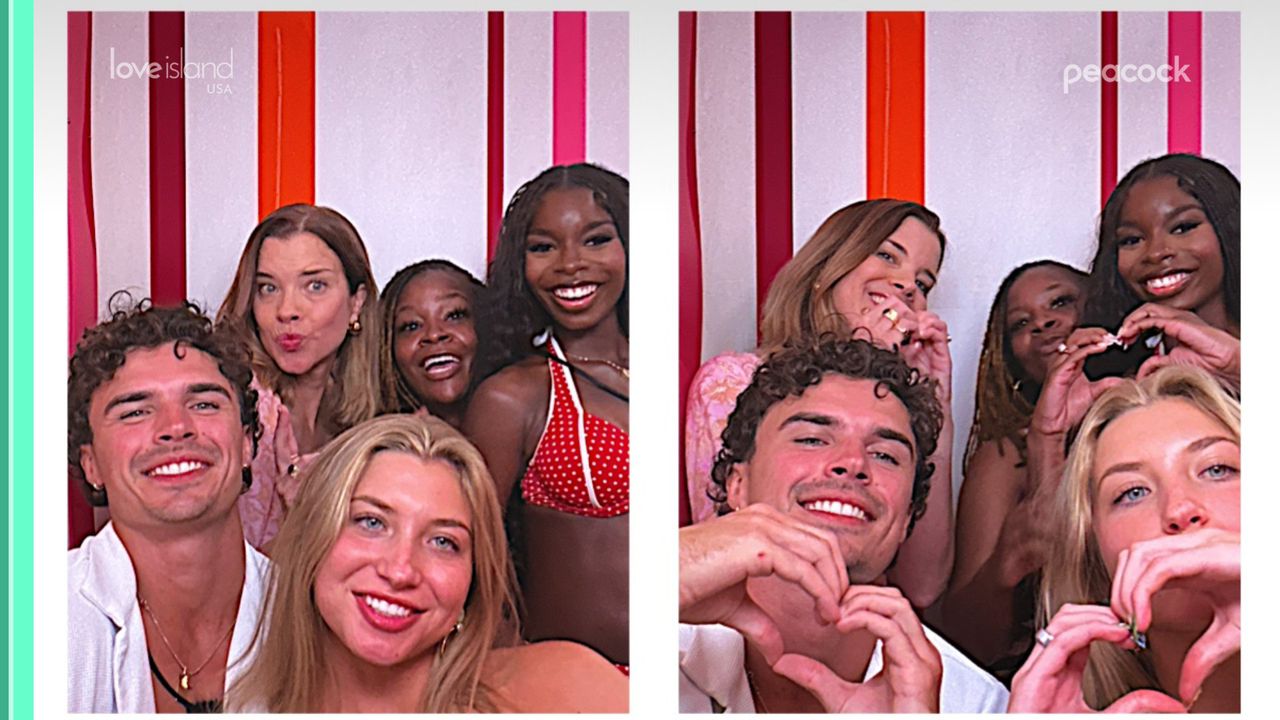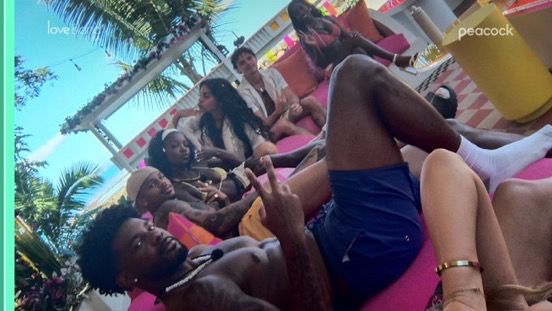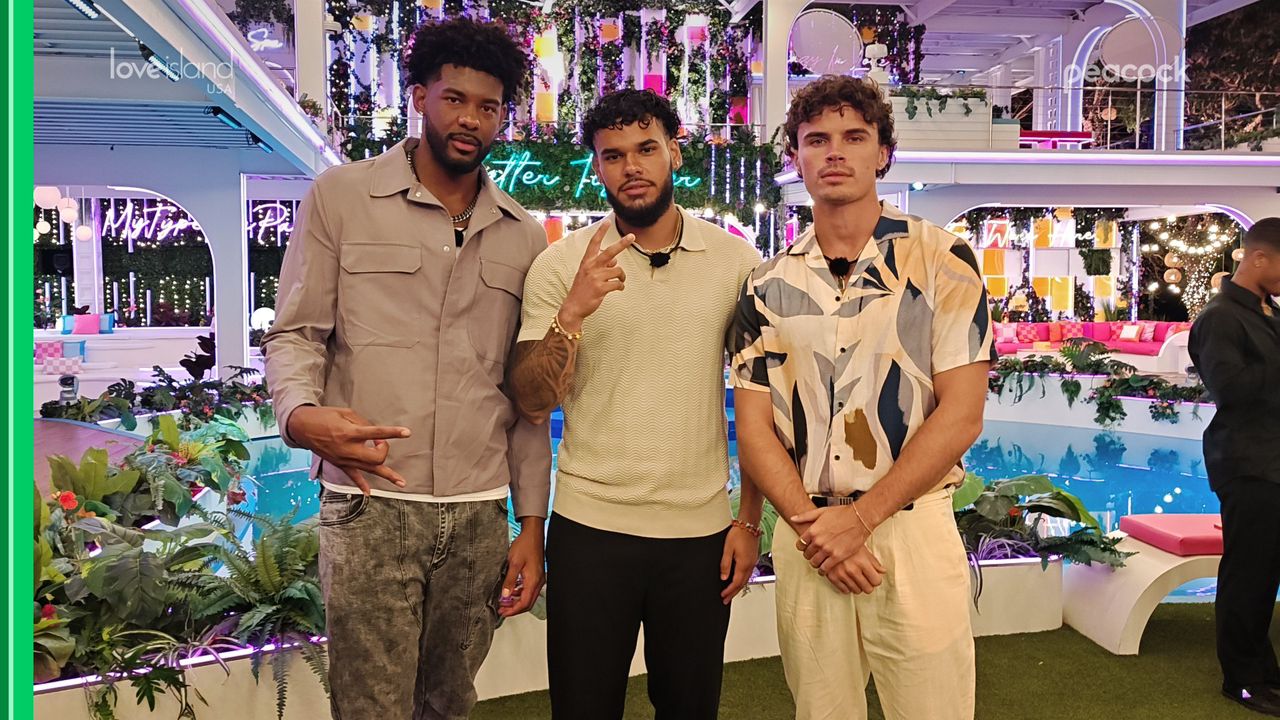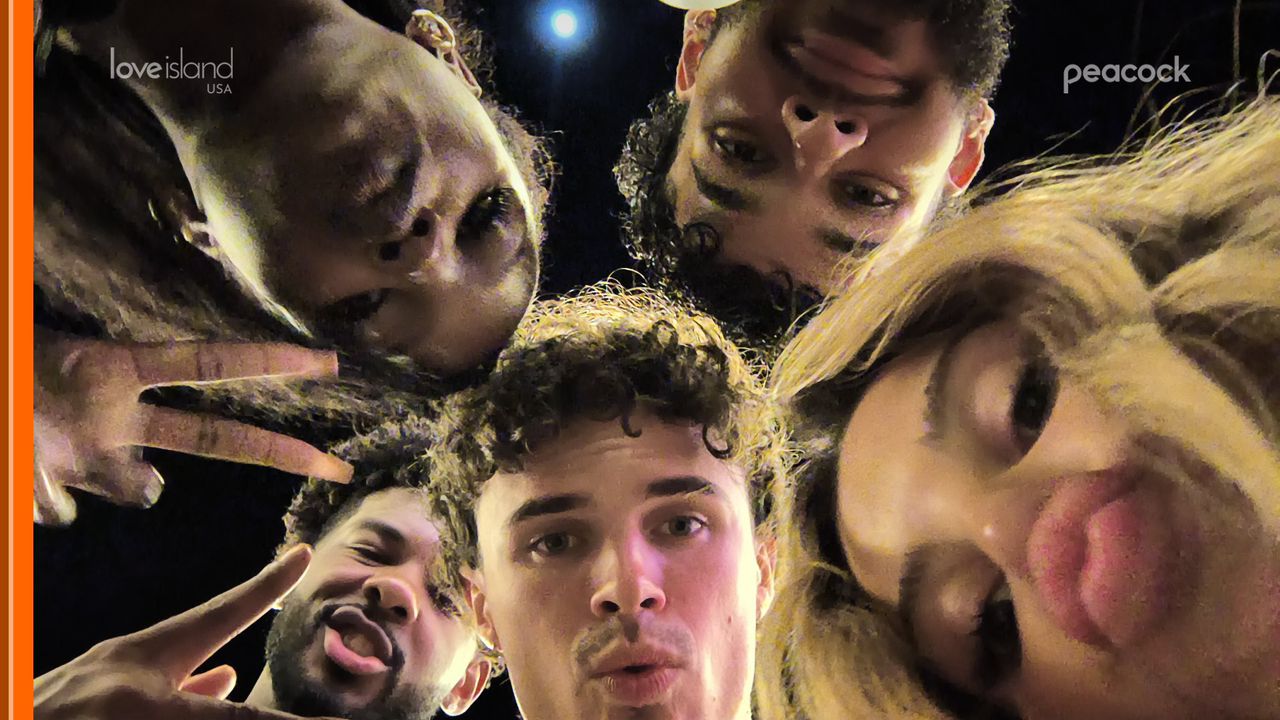
Love Island has always been a toxic binge of romance, intrigue and spice. It explores the complexity of human interactions and illustrates how social dynamics are shaped by romance, competition, and power dynamics within intimate settings. Every season comes with its sense of intrigue and that uniqueness shapes its appeal, and essentially sets a benchmark for the next season. However, despite seasonal idiosyncrasies, the general sense of romance, vulnerability, and social bonds remains a recurring motif which ultimately defines the Love Island lore, making it what we know and love, but that has changed in this year’s edition and here’s why.
There’s been an evident disconnect from the prevalent ethos of previous seasons. A show fervently loved for its romantic shenanigans and competitive antics has spiralled into a hotspot for controversy and backlash.

The genesis of this eventual decline was the unprecedented dismissal of two contestants: Yulissa Escobar and Cierra Ortega, who were both removed for past racial remarks. The unprecedented nature of the situation and abrupt dismissal greatly altered social dynamics, leaving the contestants perplexed. Contestants were pressured to reassess themselves and modify already established romantic connections. The cultural sensitivity invariably drew media attention, garnering a torrent of reactions. This rift shifted the focus from the core of the show to more expansive conversations around racial sensitivity.
Elan Bibas and Huda Mustafa's relationship dynamic blends into the mix of this season’s controversy, further stirring the pot of the infamous uniqueness of this year’s rendition. Here, we witness how social and political affiliations have created an uproar of concern, disgust, and disappointment among viewers.

Both of these contestants have garnered an array of aggressive conversations, with many viewers questioning the rationale for their entanglement. Elan, being a Canadian Jew with Israeli roots, and Huda, a Palestinian American, have created tensions given the historic and ongoing sociopolitical Israeli-Palestinian conflict. The false allegations of Elan’s military background (being in the Israeli Defence Force) further exacerbate the ethical conflict, with some viewers going as far as showing concern for Huda’s safety. There’s been a question of ignorance and negligence on the part of the show’s ethical framework, with many criticising the show for creating such an atmosphere for polemics. The negative reception of their interaction elucidates how political, social, and ethical ties pervade and influence public consciousness, frame perceptions, and garner collective scrutiny. Thus, the reputations and notions concerning these contestants have preceded the shows, changing the focus from a dating reality show to a clash of ideologies. As such, the show’s ability to bring together individuals of greatly segregated backgrounds has been unappreciated and overshadowed. Huda’s controversial persona isn’t just limited to her romantic affair with Elan alone, but she has been called out for her occasional bouts of crashing out, and seemingly draining every man she was with on the show—did something happen with the casting this season?

Ideological support systems seem to be another highlight of this year’s controversy, causing contestants like TJ Palma to become the object of public scrutiny. His online association and right-wing affiliations with figures like Andrew Tate have altered his perception and greatly hindered his romantic connections, and ultimately severed his relationship prospects with Hannah. In addition to that, some contestants kept their distance, and his connection with the “red pill” content obscured a pathway for forming romantic ties with women that didn’t align with his views.
The social dynamics have greatly altered Love Island's romantic atmosphere. As a show that has always been predicated on romantic connections, emotional vulnerability, and vibrant chemistry, the relationships this season were shallow and very fractured. People were thinking with their heads and not their hearts, so coupling was a long and tiring process, and relationships were superficial entanglement with no sense of sustainability. Essentially, everyone who seemingly had a connection was eliminated, but the uncertain and unsettled were kept. None of the strong connections made it to the finale, and, for the first time in Love Island’s franchise history, a finalist couple ended thier relationship right before the winner was announced.
Love Island USA season 7 stands out as one of the most dramatic and controversial seasons yet. The influx of sociopolitical structures pervaded the fundamentals of the show, creating a focus on culture, politics, and ideology. These factors ultimately reshaped social interaction among contestants, and by extension, redefined the collective perception around the show. As a reality show, Love Island still remains a reflection of our social reality. Particularly, in the conversation of romantic relationships, this season represents the unstable and unhinged terrains of the modern-day dating scene.
